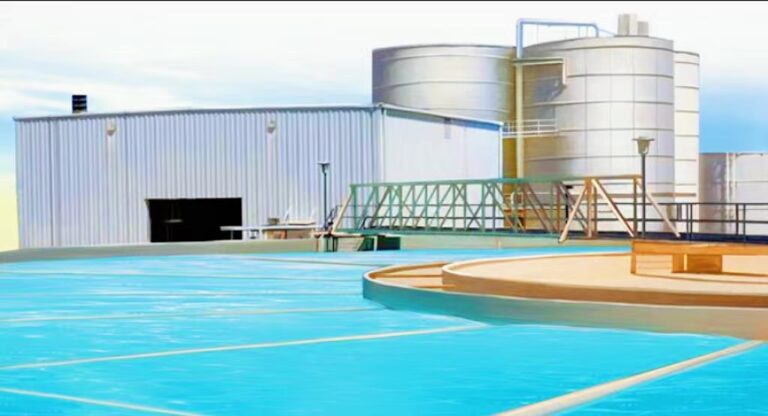
The properties of titanium for desalinating seawater
1. Good corrosion resistance. Titanium is an active metal with low equilibrium potential and high thermodynamic corrosion tendency in the medium. Due to its high affinity for oxygen, titanium is really quite stable in a variety of media, including oxidizing, neutral, and weak reducing media. In the air or in an oxygen-containing medium, a dense, strong adhesion, and high inert oxide film is formed on the surface of titanium, which protects the titanium substrate from corrosion. Even if mechanical wear occurs, it will quickly heal or regenerate. This indicates that titanium is a metal with a high passivate tendency. When the medium temperature is less than 315°C, the titanium oxide film always retains this property.
2. Good low-temperature performance and resistance. Low-temperature titanium alloys, such as Grade7 (Ti-5Al-2.5Sn), Grade5 (Ti-6Al-4V), and Ti-2.5Zr-1.5Mo,etc., have increasing strength with decreasing temperature but little change in plasticity. Because the tensile strength is close to the yield strength, the yield ratio(tensile strength/yield strength) of titanium is high, indicating that the plastic deformation of titanium is poor during forming. The resilience of titanium during molding is high due to the large ratio of the yield limit to the elastic modulus.
3. Low density, high specific strength. Titanium has a density of 4.51g/cm3, which is higher than aluminum but lower than steel, copper, and nickel. However, the specific strength ranks first among all metals, and it is three times of stainless steel and 1.3 times of aluminum alloy.
4. Fine heat-resisting performance. The new titanium alloy can be used for a long time at a temperature of 600 ° C or higher.
5. Good heat exchange performance. Although the thermal conductivity of titanium is lower than carbon steel and copper, the wall thickness of titanium can be greatly reduced due to its excellent corrosion resistance, and the heat exchange method between the surface and steam is dropwise condensation, which reduces the thermal resistance, so titanium’s heat transfer performance is significantly improved.
Advantages of titanium tubes for seawater desalination

- Heat transfer tubes for seawater desalination are generally small-diameter tubes with thinner wall thickness. Typically, copper alloy tubes adopt a wall thickness of 0.9-1.2mm, while, titanium tube is just 0.4-0.7mm due to the high strength of titanium, therefore, the usage amount of titanium tube is less under the same operating conditions.
- Titanium tube has a high thermal conductivity. The thermal conductivity of titanium is 17W/(m·k), aluminum brass is 100W/(m·k), 70/30 cupronickel is 29W/(m·k), so the thermal conductivity of titanium is the lowest. Although the thermal conductivity of thin-walled titanium tubes is worse than aluminum brass, but it is equivalent to 90/10 cupronickel and better than 70/30 cupronickel.
- Titanium tubes are less expensive. Titanium tubes can compete in price with copper alloy tubes. Because of titanium’s low density, when the wall thickness is the same, the weight of titanium tubes is only half that of copper alloy tubes. If the wall thickness of titanium tubes is half that of copper alloy tubes, the weight of titanium tubes with the same heat transfer area is only one-quarter that of copper alloy tubes. It is obvious that titanium tubes are more competitive in price.
Situated at the centre of titanium production in China, Standard Titanium Co. brings the lowest pricing and highest engineering standards for metals to the market. Confident that we cannot be beaten on prices and quality we have introduced our price promise guarantee. Customers worldwide choose Standard Titanium as their trusted and reliable supplier of titanium and CuNi mill and finished products.